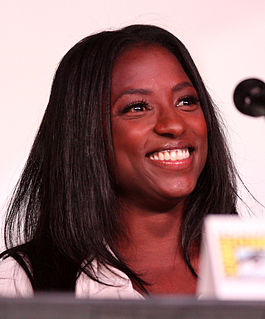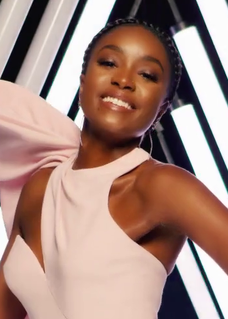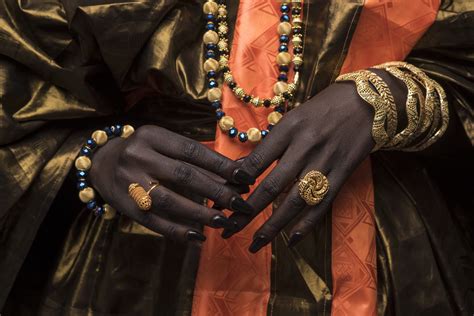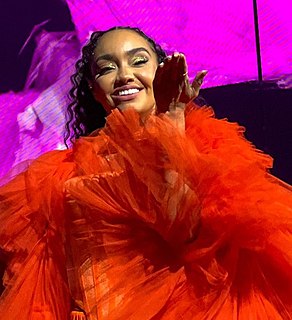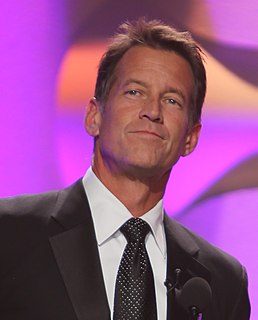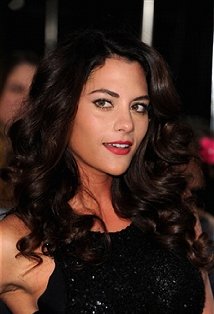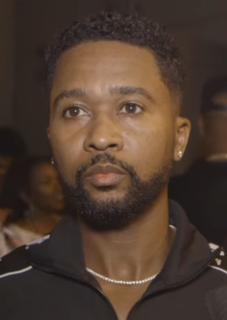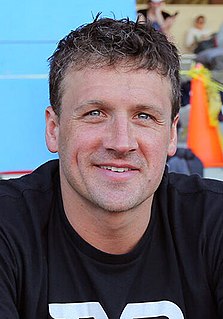A Quote by Rutina Wesley
It's really maddening out there for dark-skinned actresses in terms of the opportunities we get. There's just so much talent that is being overlooked.
Related Quotes
When you're a Black actress, the box that we often get put in is so small. And me being a dark-skinned Black actress, the opportunities become so limited in a way that is just wrong. It's not fair. I'm so capable of playing a wide variety of roles. It comes down to whether or not I'm given the opportunity to do it.
This will play right into Obama's hands. He's humanitarian, compassionate. They'll use this to burnish their, shall we say, 'credibility' with the black community -- in the both light-skinned and dark-skinned black community in this country. It's made-to-order for them. That's why he couldn't wait to get out there, could not wait to get out there.
